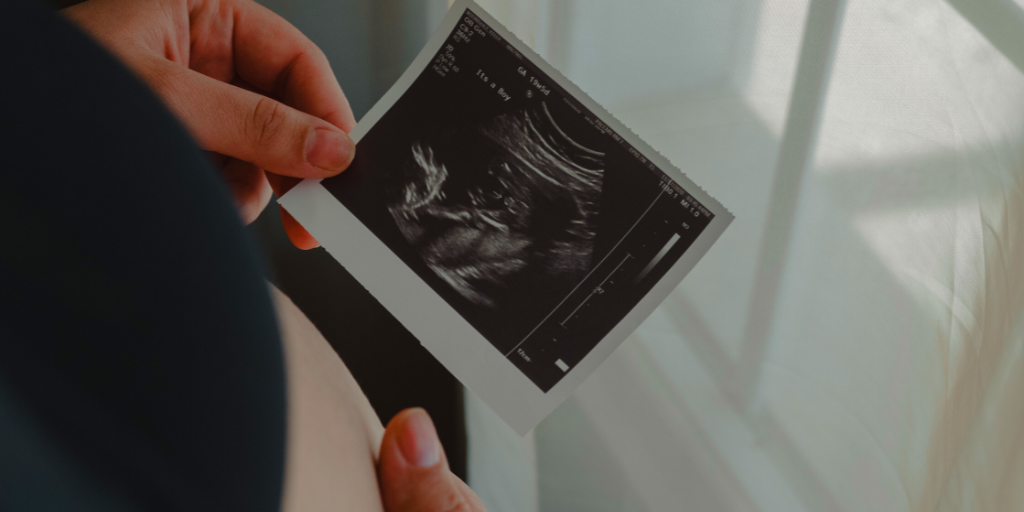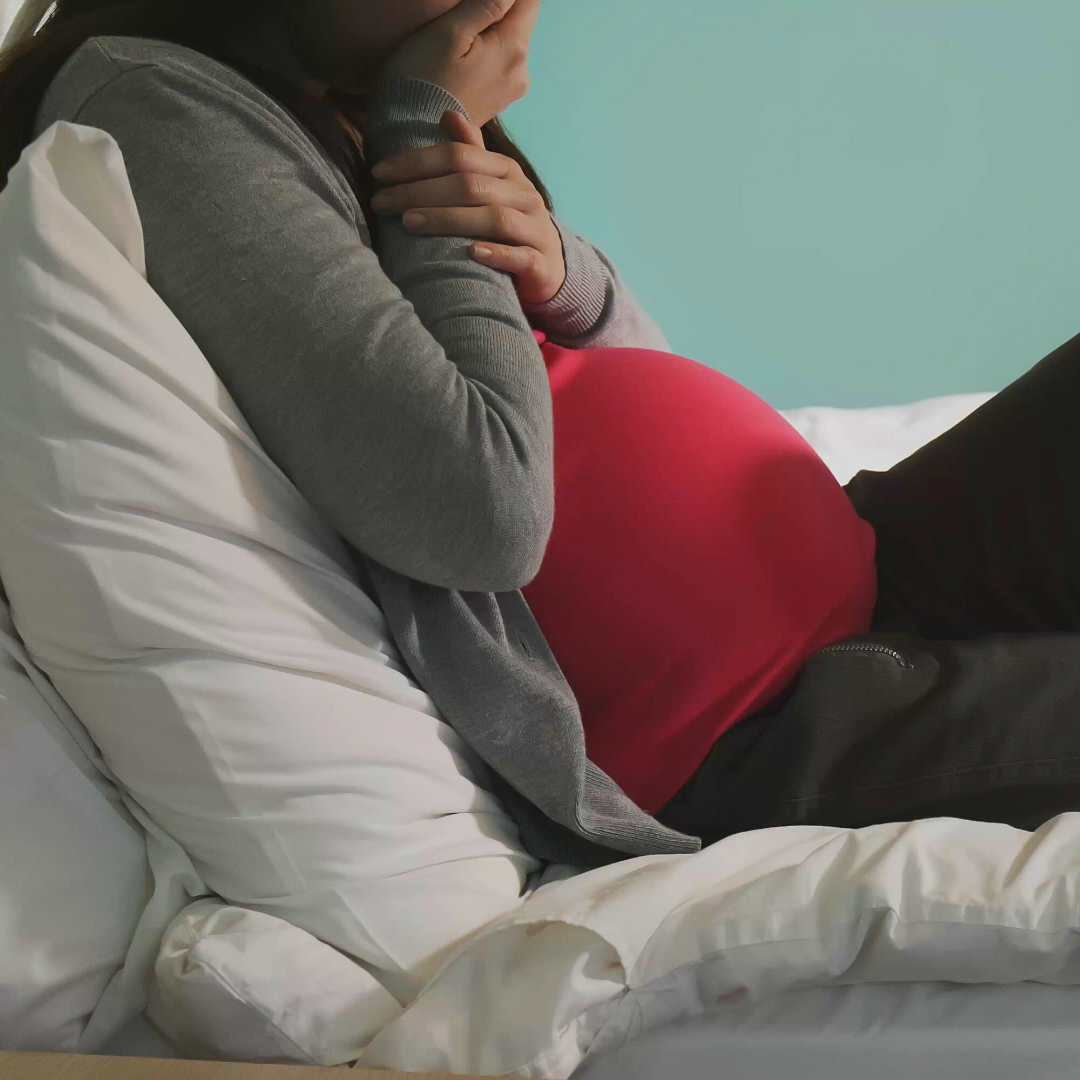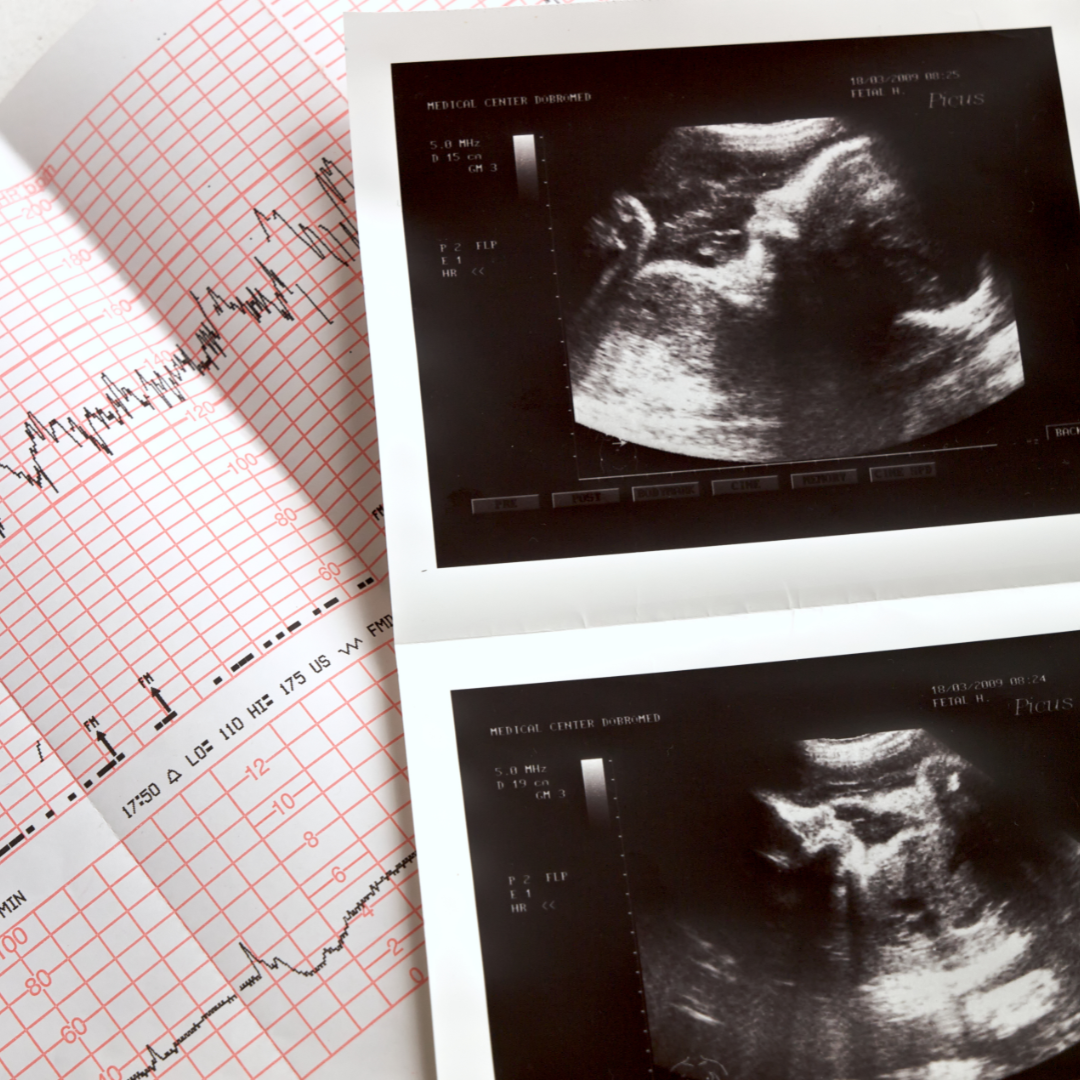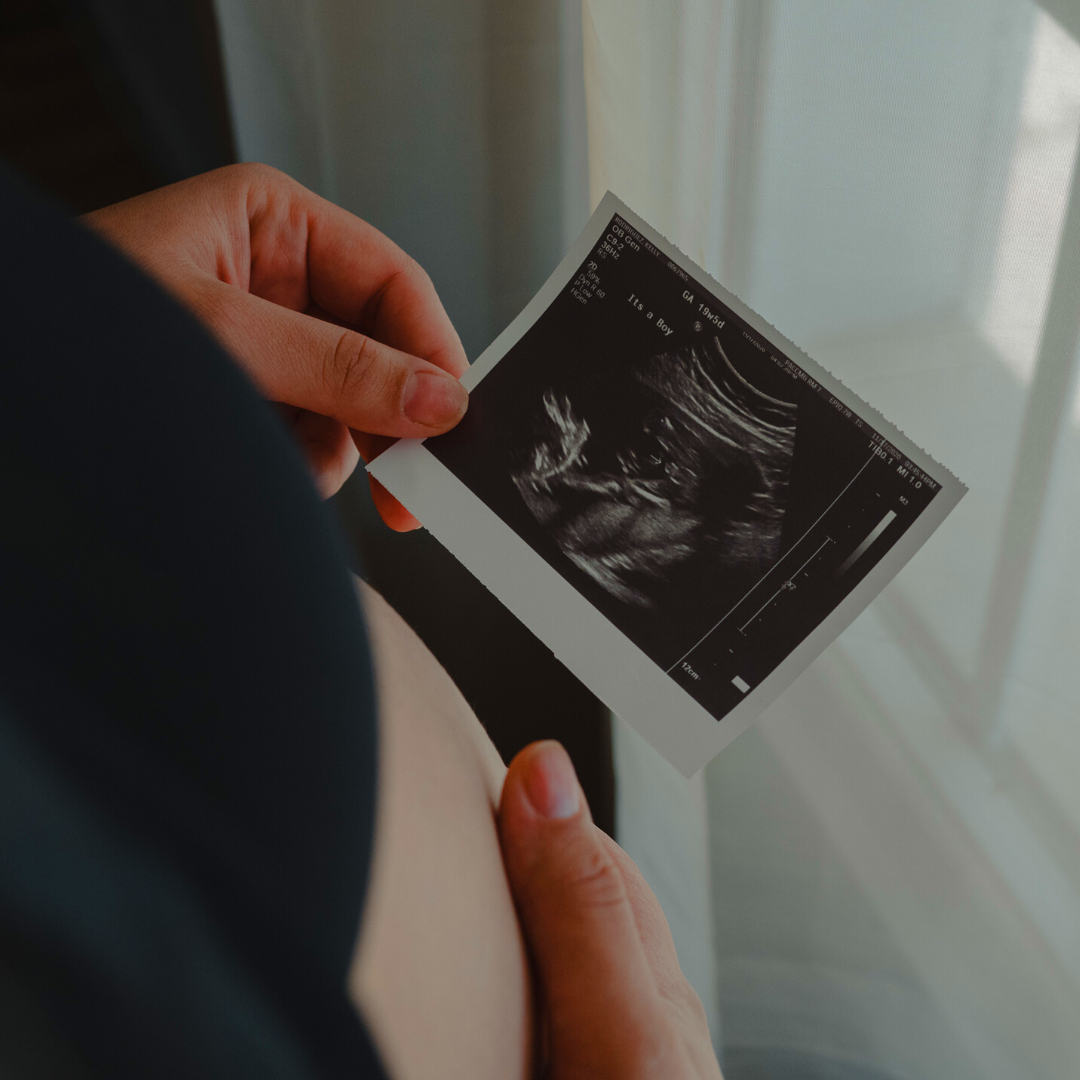
Rosemary Bogdan explains how the Church calls us to pray for vulnerable unborn children and to take action to help protect them.
On January 22, 1973, the decision on Roe v. Wade was handed down from the Supreme Court. The ruling declared abortion a Constitutional right even though the Constitution makes no mention of abortion. Those who held that unborn human life is sacred were horrified.
For 50 years after that there has been every year an enormous protest in Washington called the March for Life. Hundreds of thousands of people attend, although the media largely has ignored it. Even this year the March for Life continued and was held on January 20th with the theme: “Next Steps: Marching in a Post-Roe America.”
Fifty years later, prayers have been answered and we have seen the overturning of Roe v. Wade, an event that many pro-lifers thought might never happen.
Much work remains to be done, though. The overturning of Roe did not grant legal personhood to the unborn. It simply allowed states to decide what they wanted for their residents. As before Roe, we can now allow, outlaw, or limit abortions, depending on the democratically expressed will of the residents of each state. Roe simply returned the power to the people.

We must still fight for the protection of the unborn in each of our states and work to change the hearts and minds of people who do not recognize the humanity of the unborn.
The Church recognizes this need for legal protection for the unborn with this liturgical instruction for today.
From the General Instruction of the Roman Missal:
In all the Dioceses of the United States of America, January 22 (or January 23, when January 22 falls on a Sunday) shall be observed as a particular day of prayer for the full restoration of the legal guarantee of the right to life and of penance for violations to the dignity of the human person committed through acts of abortion.
The Church has always taught that we must protect and defend the poor and vulnerable. Among the most vulnerable of human beings is the unborn. Unseen, unable to speak out, and very tiny, they have been dehumanized by many in our culture.
False descriptions of the unborn as clumps of cells and other inaccuracies are rampant. Should you talk to someone about abortion, here are some facts you might find useful:
Day 22 after conception: The heart starts beating with its own blood.
Week 6: Mouth and lips can be seen, and brain waves can be detected.
Week 8: All the baby’s organs are in place.
Week 12: All physiology for experiencing pain is present (nerves, spinal cord).
Week 20: Baby recognizes its mother’s voice.

Fetal development and how rapidly it occurs is truly remarkable. But let’s not forget too that from the moment of conception, the first moments of life, there is a genetic combination that will never be repeated in all of human history. The baby’s sex is determined and all the genes that will determine the baby’s physiology are there. All the information for who this baby is from a bodily standpoint is present. From the moment of conception on. It doesn’t become a person later. It is a person from Day 1. That’s what science tells us.
On this Day of Prayer for the Legal Protection of Unborn Children, let us pray for the lives of the unborn who are at risk. Let’s pray for the desperate mothers who think abortion may be their only option. May they find Christians who will love them. May they be led to the Crisis Pregnancy Centers that will guide them and support them.
Our Lady of Guadalupe, Patroness of the Unborn, please wrap your mantel of protection around these unborn children and their mothers. Through your intercession may they always be protected from the horror of abortion.

Copyright 2023 Rosemary Bogdan
Images: Canva
About the Author
Rosemary Bogdan
Rosemary Bogdan is a wife, mother of six adult children, and a grandmother. She homeschooled her children when they were young and currently substitute teaches at her favorite Catholic school. When not spending time with her family, Rosemary writes at A Catholic Mother's Thoughts and Catholic365.com.


.png?width=1806&height=731&name=CatholicMom_hcfm_logo1_pos_871c_2728c%20(002).png)
Comments